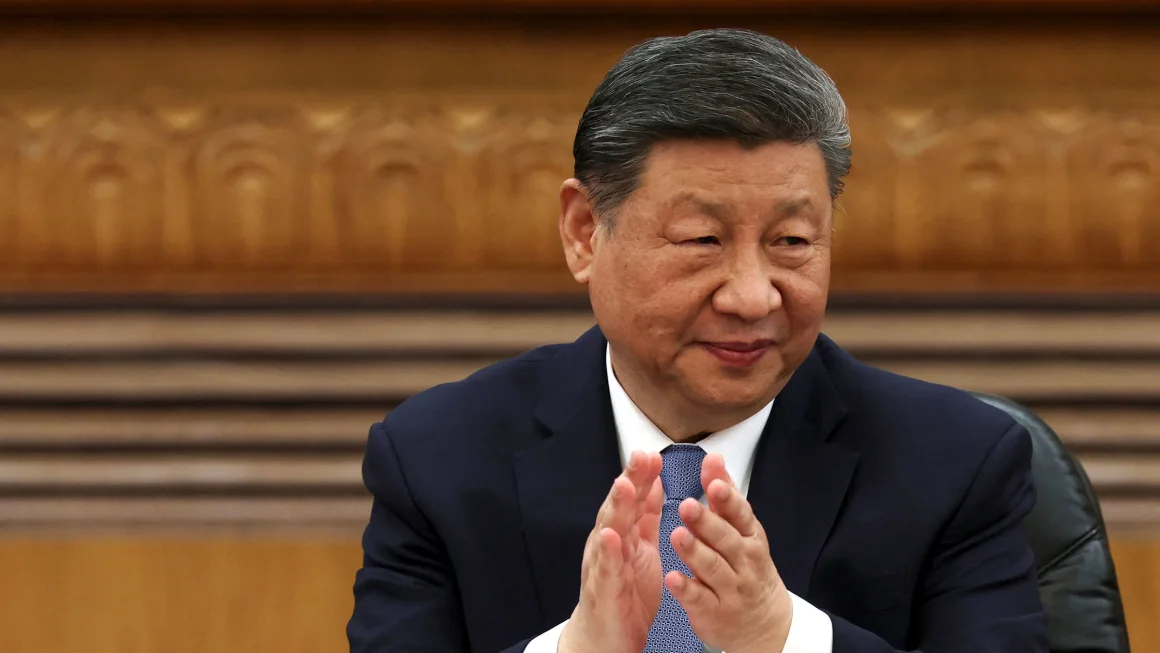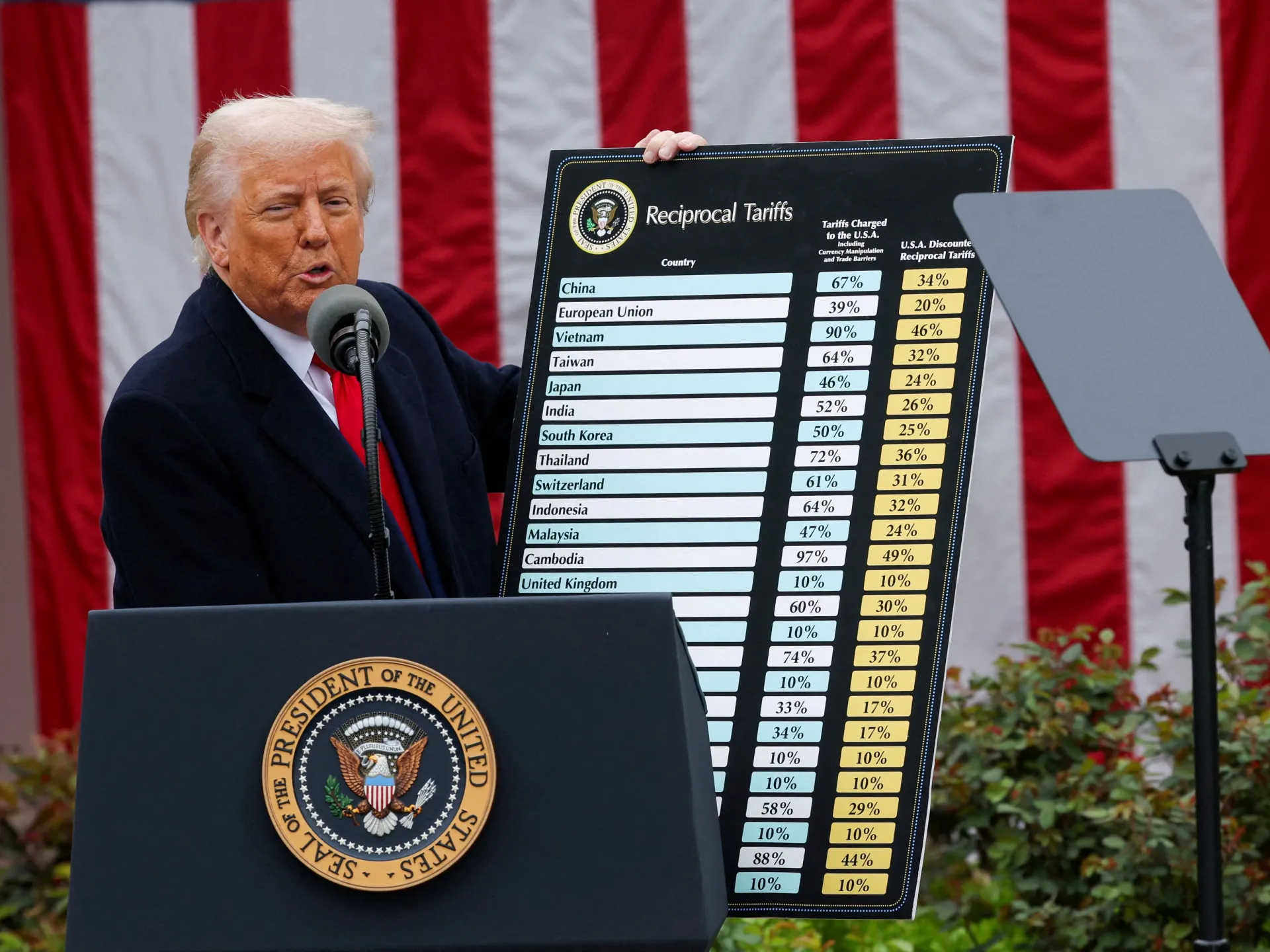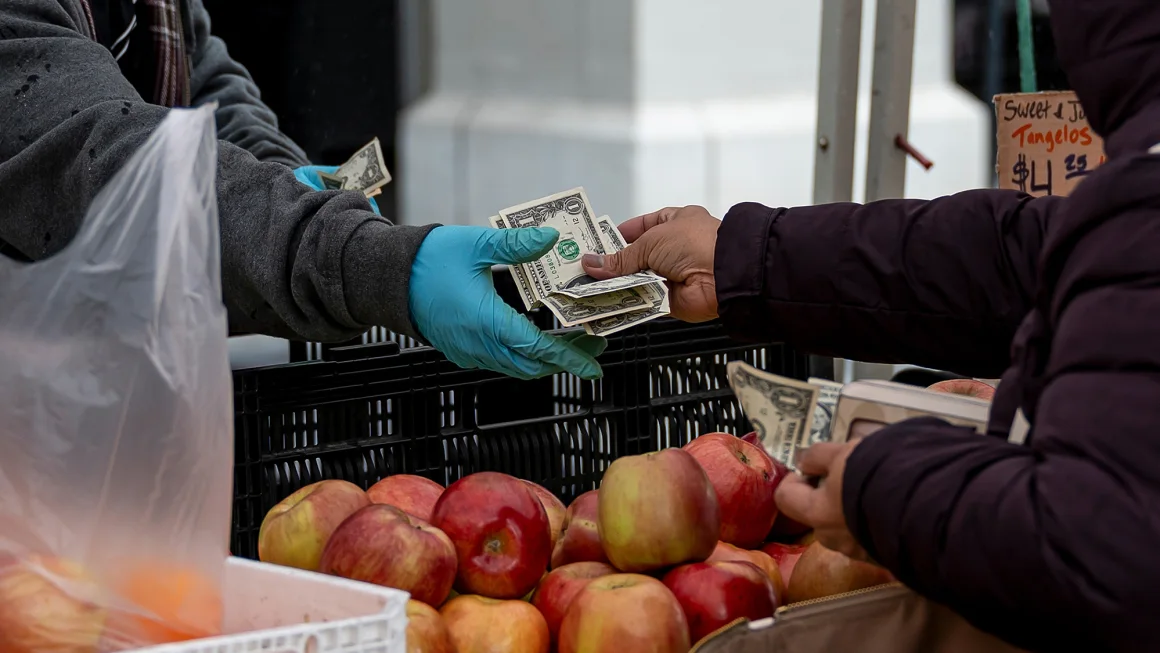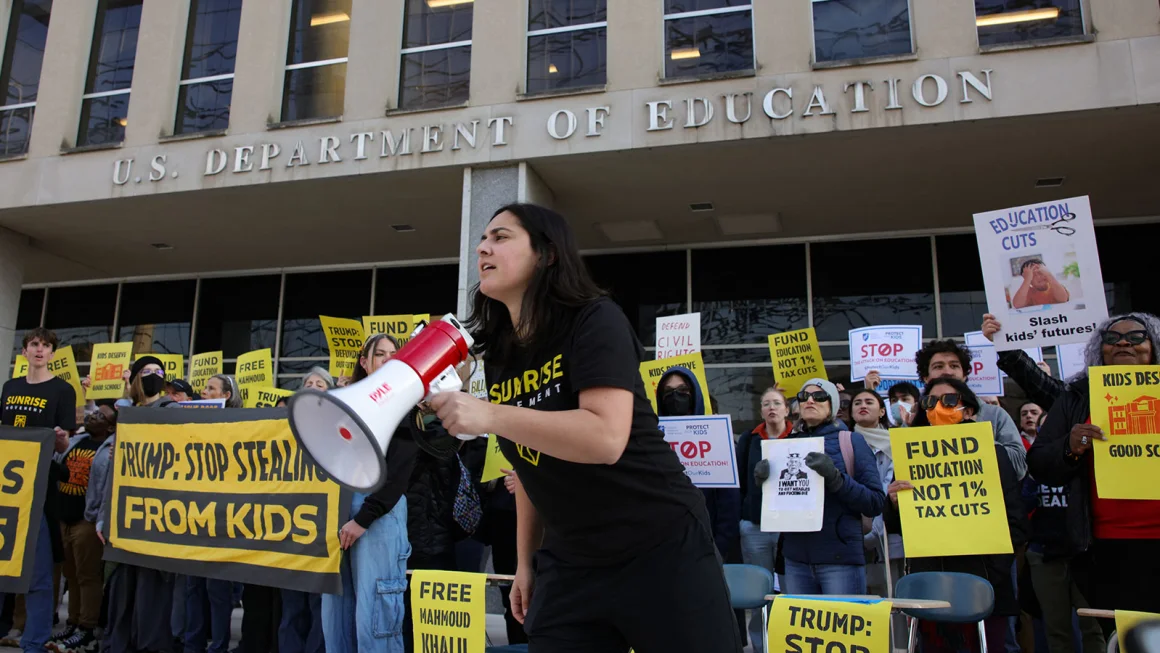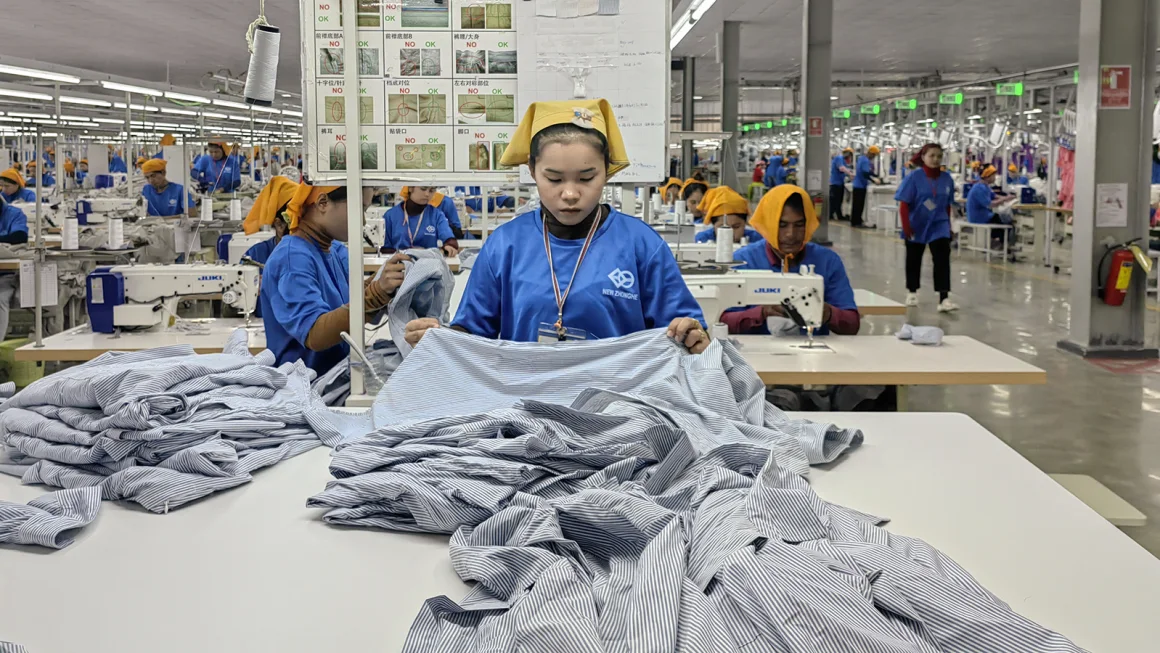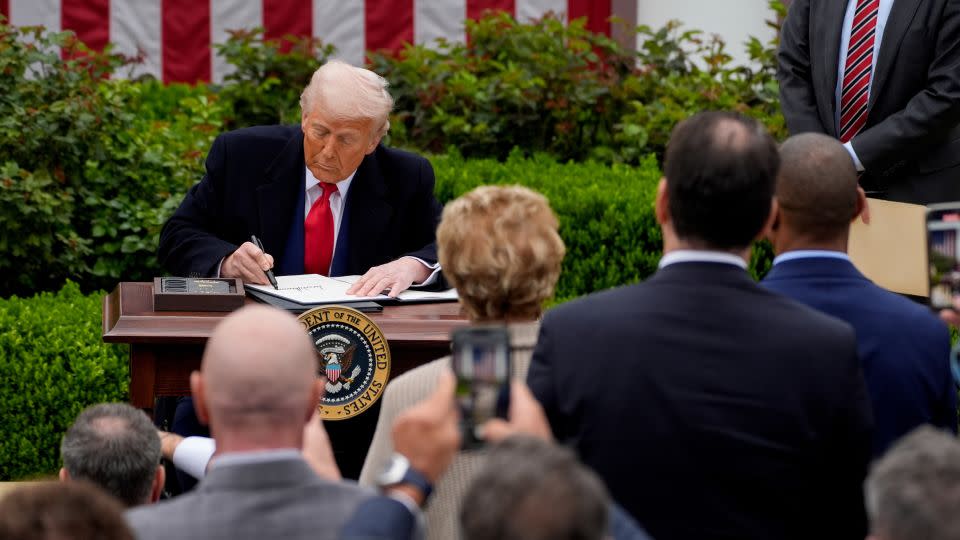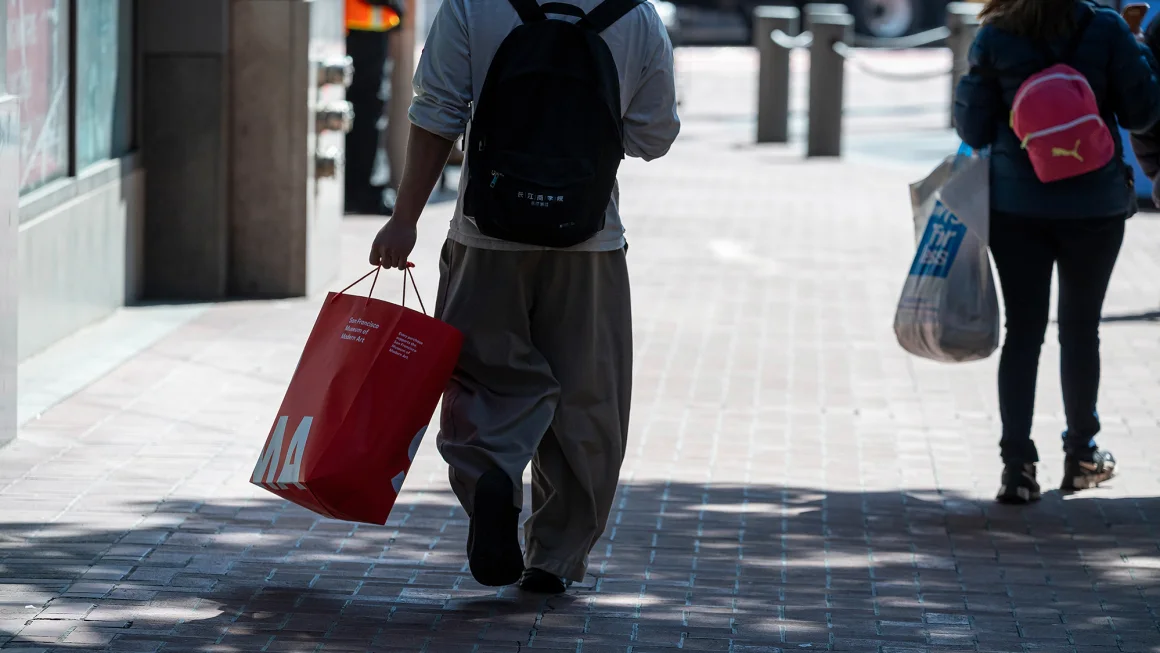
A recent survey reveals that one in four U.S. businesses has scaled back their hiring due to the disruptions caused by President Donald Trump’s trade war. The quarterly study, which was conducted by Duke University and the Federal Reserve Banks of Richmond and Atlanta, highlights a sharp decline in the economic optimism of chief financial officers (CFOs) as they navigate the uncertainties of the ongoing trade conflict. Much of the optimism seen after the election has evaporated.
The unpredictability surrounding tariffs has left many business leaders uncertain about their next moves. They are unsure about how high tariffs will rise, which products will be impacted, or how long these measures will last. As a result, many are reducing their hiring plans. According to the survey, conducted between February 18 and March 7, 2025, 25% of CFOs reported scaling back their hiring projections due to tariffs, while around 70% stated trade policy would not alter their plans, and only 6% indicated an increase in hiring.
Additionally, 25% of CFOs mentioned they had reduced their capital spending due to the uncertain trade environment. Duke University finance professor John Graham noted that tariffs present an immediate risk, with many businesses in a state of uncertainty about their impact.
While only a few businesses altered their plans in response to immigration or corporate tax policy, the survey found tariffs to be a top concern. The White House defended Trump’s economic agenda, arguing that his use of tariffs has led to significant investment in the U.S. and economic growth during his first term, with plans for further expansion in his second term.
Concerns Over Tariffs Surpass Other Business Challenges
The significance of tariffs has risen dramatically in recent months within the business community. In a similar survey conducted in the fourth quarter of last year, tariffs were only the ninth most pressing issue for CFOs. However, in the most recent survey, tariffs have become the leading concern by a wide margin—marking the largest gap between the top issue and the second-place concern in the 20-year history of the survey.
Unlike other major crises such as the COVID-19 pandemic or financial downturns, tariffs are a direct result of government policy, which many see as self-inflicted. Graham emphasized that tariffs, combined with their unpredictable implementation, have created substantial confusion and disruption for businesses.
Trump has long championed tariffs as a strategic tool to address various issues, from unfair trade practices to reducing the U.S. trade deficit and combating the influx of illegal immigration. However, the inconsistent nature of his trade policy during his second term has left investors uneasy, dampened consumer confidence, and caused some business owners to rethink their operations.
Ryan Messenger, the CEO of First Rate Blinds, a North Carolina-based family business, expressed his concerns about the impact of tariffs, which have caused a 20% price increase on some imported goods from Mexico. As a result, his company plans to absorb some of these costs while passing the rest on to consumers, potentially deterring them from purchasing products.
The uncertainty surrounding which products are temporarily exempt from tariffs due to the U.S.-Mexico-Canada Agreement (USMCA) has further complicated matters for Messenger and other business owners. This confusion has led suppliers to raise prices ahead of expected tariffs, further affecting profitability.
Falling Consumer Confidence
The uncertainty generated by tariffs is also contributing to a decline in consumer confidence. The CFO survey revealed that some businesses, particularly those reliant on imported raw materials, are worried about the escalating costs of goods due to tariffs. Additionally, retaliatory tariffs from foreign governments on U.S. products could reduce demand for American-made goods, exacerbating the situation.
Messenger pointed out that while Trump’s use of tariffs was a campaign promise, he had expected the strategy to be part of a broader negotiation tactic rather than a final policy decision. This shift has left many business owners questioning the effectiveness and consistency of the trade war approach.
The economic uncertainty is not confined to businesses alone. A separate report from The Conference Board highlighted a significant drop in consumer confidence in March, marking the lowest levels since January 2021. This erosion of confidence could have serious implications if it leads to reduced consumer spending, potentially harming the economy.
Stephen Moore, a former economic adviser to Trump, expressed concern that diminished consumer confidence could result in slower economic growth. He suggested that a sustained recovery in stock prices might help reverse the downturn in confidence. Moore urged Republicans to focus on tax cuts rather than tariffs in order to foster a more stable economic environment.

